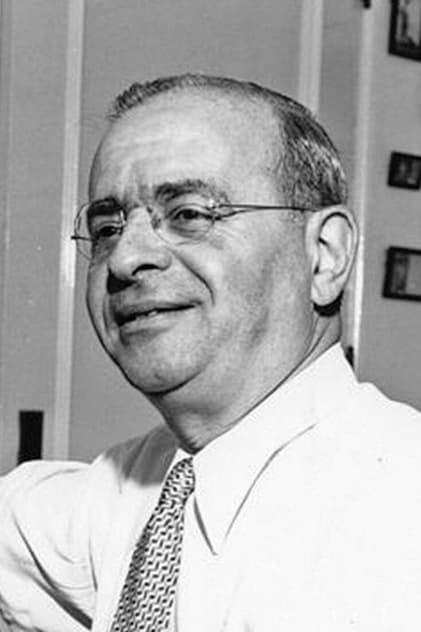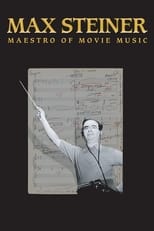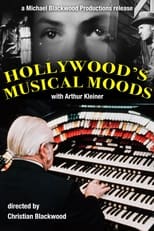

Max Steiner
Born: May 10, 1888
Died: December 28, 1971
in Vienna, Austria-Hungary [now Austria]
Died: December 28, 1971
in Vienna, Austria-Hungary [now Austria]
From Wikipedia, the free encyclopedia
Maximilian Raoul "Max" Steiner (May 10, 1888 – December 28, 1971) was an Austrian-born American composer of music for theatre and films. He was a child prodigy who conducted his first operetta when he was twelve and became a full-time professional, either composing, arranging or conducting, when he was fifteen.
Steiner composed over 300 film scores with RKO and Warner Brothers, and was nominated for 24 Academy Awards, winning three: The Informer (1935), Now, Voyager (1942), and Since You Went Away (1944). Besides his Oscar-winning scores, some of Steiner's popular works include King Kong (1933), Little Women (1933), Jezebel (1938), Casablanca (1942), The Searchers (1956), A Summer Place (1959), and the film score for which he is possibly best known, Gone with the Wind (1939).
He was also the first recipient of the Golden Globe Award for Best Original Score, which he won for his score to Life with Father. Steiner was a frequent collaborator with some of the most famous film directors in history, including Michael Curtiz, John Ford, Howard Hawks, William Dieterle, William Wyler, Raoul Walsh, John Huston, Irving Pichel, King Vidor, and Frank Capra.
Maximilian Raoul "Max" Steiner (May 10, 1888 – December 28, 1971) was an Austrian-born American composer of music for theatre and films. He was a child prodigy who conducted his first operetta when he was twelve and became a full-time professional, either composing, arranging or conducting, when he was fifteen.
Steiner composed over 300 film scores with RKO and Warner Brothers, and was nominated for 24 Academy Awards, winning three: The Informer (1935), Now, Voyager (1942), and Since You Went Away (1944). Besides his Oscar-winning scores, some of Steiner's popular works include King Kong (1933), Little Women (1933), Jezebel (1938), Casablanca (1942), The Searchers (1956), A Summer Place (1959), and the film score for which he is possibly best known, Gone with the Wind (1939).
He was also the first recipient of the Golden Globe Award for Best Original Score, which he won for his score to Life with Father. Steiner was a frequent collaborator with some of the most famous film directors in history, including Michael Curtiz, John Ford, Howard Hawks, William Dieterle, William Wyler, Raoul Walsh, John Huston, Irving Pichel, King Vidor, and Frank Capra.
Movies for Max Steiner...

Title: Max Steiner: Maestro of Movie Music
Character: Self (archive footage)
Released: November 1, 2019
Type: Movie
A look at the life and work of the Austrian composer who pioneered the musical scoring of films - hundreds of them - from King Kong, to Gone with the Wind, to Casablanca and beyond.


Title: Hollywood's Musical Moods
Character: Self
Released: February 16, 1976
Type: Movie
In the silent film era, movies were never really silent. In the background of films that made figures like Charlie Chaplin and Buster Keaton into cultural icons, were the musical giants whose compositions defined the very films that captivated a generation of movie-goers. Arthur Kleiner converses with the still-living legends from that bygone golden age of cinema.
